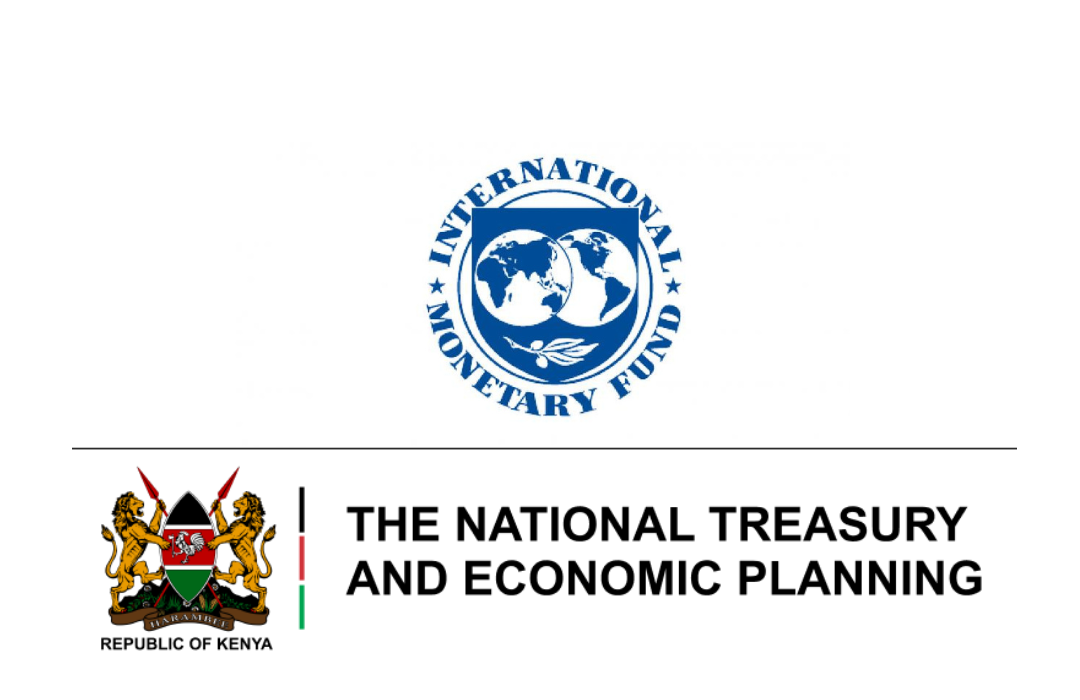Kenya's Carbon Pricing Strategy: Partnering with the IMF to Tackle Climate Change

Kenya is collaborating with the International Monetary Fund (IMF) to develop a carbon pricing policy as part of its climate and economic reform agenda. This initiative aligns with Kenya’s commitments to reduce greenhouse gas emissions and aims to position the country as a leader in climate action within Africa.
Overview of the Initiative
The IMF, through its Extended Fund Facility (EFF) and Extended Credit Facility (ECF), is supporting Kenya in achieving fiscal stability and sustainable development. As part of this program, Kenya has committed to establishing a carbon pricing mechanism by April 2025. This could include the introduction of a carbon tax and measures to bolster the voluntary carbon credit market. The policy is designed to discourage fossil fuel use, reduce emissions, and generate revenue to support vulnerable populations impacted by rising energy costs.
Objectives and Expected Impact
The carbon tax is expected to incentivize a shift toward cleaner energy alternatives by increasing the cost of carbon-intensive fuels like petrol, diesel, and kerosene. Additionally, revenue from the tax will be allocated to social programs and renewable energy initiatives. This dual approach not only helps Kenya meet its Nationally Determined Contributions (NDCs) under the Paris Agreement but also fosters economic resilience.
Implementation and Challenges
Kenya's National Treasury plans to finalize the policy framework pending parliamentary approval. The successful rollout will depend on robust assumptions regarding emissions factors, behavioral responses to pricing changes, and transparent revenue allocation to minimize socioeconomic disruptions.
Challenges include ensuring comprehensive mapping of emissions across sectors, operationalizing the necessary legal and reporting frameworks, and maintaining public trust through stakeholder engagement and transparency.
Benefits for Organizations
Companies in Kenya stand to benefit significantly by aligning with the forthcoming framework. These include:
- Cost Savings: Improved energy efficiency and access to renewable energy alternatives.
- Regulatory Readiness: Proactive compliance with carbon tax laws and reporting standards.
- Market Opportunities: Enhanced reputation and access to green financing.
- Global Competitiveness: Participation in international carbon markets, bolstered by Kenya's focus on creating a credible carbon trading system.
Kenya’s Global Role in Climate Action
Kenya is uniquely positioned to lead regional efforts on carbon pricing, especially with its ongoing participation in the Africa Carbon Markets Initiative. By leveraging its diverse economic sectors—including agriculture, energy, and forestry—Kenya could play a pivotal role in expanding high-integrity carbon credits across Africa.
Transition Framework: Bridging Policy and Compliance with CarbonDepict
To guide organizations and SMEs through the transition, CarbonDepict has designed a sustainability framework and Monitoring and Evaluating tool that simplifies compliance with anticipated regulations. The CarbonDepict Transitional Framework is built on five key stages, aligned with global best practices and tailored for the African context:
- Baseline Assessment
- Conducts detailed carbon emissions mapping across Scope 1, 2, and 3 emissions.
- Offers tools to identify high-emission activities and areas of inefficiency.
- Implementation Roadmap
- Provides a step-by-step plan for reducing emissions, including integration of cleaner energy alternatives.
- Prioritizes cost-effective solutions for immediate impact while planning for long-term sustainability goals.
- Stakeholder Engagement
- Facilitates collaborations between organizations, suppliers, and regulatory bodies to align objectives.
- Builds capacity within teams to sustain compliance efforts.
- Metrics and Reporting Tools
- Delivers custom reporting aligned with frameworks such as GRI, ISSB, and the Science-Based Targets Initiative (SBTi).
- Integrates real-time data collection systems for seamless tracking and reporting.
- Governance and Continuous Improvement
- Establishes monitoring and evaluation processes to track progress against targets.
- Provides scenario planning to anticipate future regulatory changes and market trends.
This structured approach ensures that organizations are prepared to comply with emerging carbon pricing policies while leveraging opportunities for cost savings and market differentiation.
How CarbonDepict Helps Organizations Prepare for Compliance
CarbonDepict’s suite of tools and services equips organizations to meet both current and future sustainability requirements:
- Comprehensive Emissions Mapping
- Accurately tracks emissions across supply chains, enabling companies to prepare carbon inventories essential for Scope 3 reporting.
- Customized Compliance Solutions
- Tailors strategies for SMEs and larger organizations to align with Kenya’s evolving carbon pricing framework.
- Data-Driven Insights
- Utilizes machine intelligence and blockchain technology to predict and monitor emissions patterns.
- Accessible Reporting Tools
- Reduces the cost barriers for SMEs by offering scalable, user-friendly tools for emissions tracking and reporting.
- Training and Capacity Building
- Builds technical expertise within organizations to ensure long-term compliance and strategic alignment.
Opportunities for SMEs and the African Context
SMEs face challenges like limited resources, regulatory ambiguity, and fragmented supply chains. However, early adoption of sustainability frameworks offers significant advantages:
- Enhanced Market Access
- Suppliers that align with large corporations’ sustainability goals will remain competitive in global and local supply chains.
- Cost Savings
- Energy efficiency measures and cleaner alternatives reduce operating costs over time.
- Reputation and Funding
- Companies demonstrating sustainability commitments attract green financing and build consumer trust.
Looking Ahead: Building Resilience Through Collaboration
Kenya’s partnership with the IMF presents a unique opportunity to address climate change while fostering economic growth. Organizations, especially SMEs, must embrace tools like CarbonDepict’s transitional framework and Emission's Mapping tool to stay ahead of policy changes. By embedding sustainability into operations, businesses can drive innovation, enhance competitiveness, and contribute to a low-carbon future.
By leveraging CarbonDepict’s solutions, organizations in Kenya can turn regulatory compliance into a strategic advantage, ensuring that they are not only ready for 2025 but also well-positioned for the future of sustainable business.
